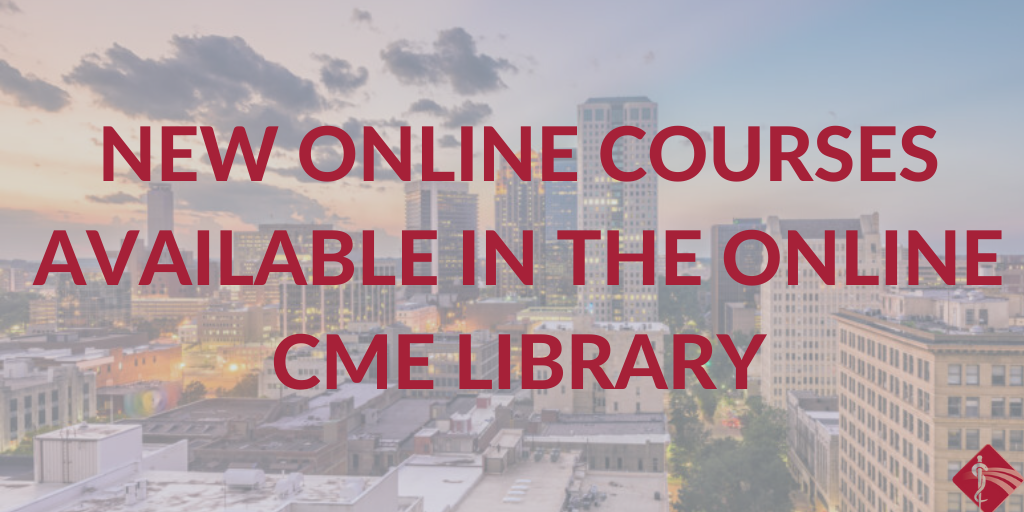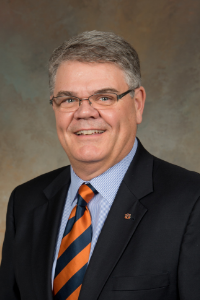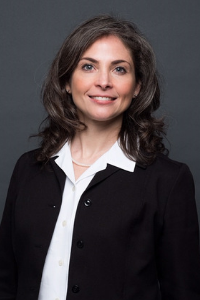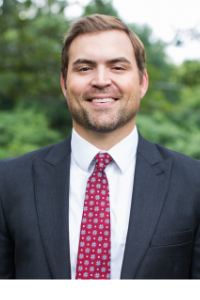
New Courses from the Business of Medicine
November 7, 2019 //


Presented by:
Stanley (Stan) G. Harris, PhD
Ethics and Motivating Change in a Millennial Workforce
Credits: 1 | ABIM MOC Points: 1
As healthcare leaders and practitioners, you are expected to change to meet demands or capitalize on opportunities. Sometimes you get to guide the change from the beginning and other times you are expected to implement a change determined by someone else. Regardless of the impetus, how do you help change efforts succeed particularly given the historical odds of success? Only about a third of change efforts accomplish their designed purposes, another third fall woefully short, and a third fail. In this presentation, and drawing from over 25 years of research on the “Building Readiness for Change” model by Achilles Armenakis and Stan Harris, you will explore the five key concerns that underlie individuals’ decisions to resist, comply with, or support changes and examine them in your own context. You will also gain insight into the six leadership behaviors that can shape these concerns to build change support and enthusiasm.

Presented by:
Joni Wyatt
Opportunities in Value Based Reimbursement
Credits: 1 | ABIM MOC Points: 1
As the healthcare industry moves to value based reimbursement, providers and health systems are often caught in the crossfire of new regulations, new reimbursement models and the potential for government incentives or penalties. Thriving in this new environment requires an understanding of new regulations, knowledge of the available reimbursement models and the ability to access risk and reward associated with each opportunity. The goal of this activity is to present information on new types of reimbursement models, the infrastructure needed to make them successful and how they may impact current revenue and patient care. Concepts around the integration of value based care as part of a long term strategy will also be discussed, along with processes to ensure successful implementation.

Presented by:
Nneka Unachuwku, MD, FAAP
Career Development: Lifelong Learning - Don’t Stop at MD, Think Like an Entrepreneur
Credits: .50 | ABIM MOC Points: .50
The health care industry is in the middle of a disruption. For the first time in decades, less than 50% of practices are physician owned. This is despite the fact that the research shows better patient outcomes with physician led systems. While there are many reasons for this, one of the major reasons is because physicians lack business skills and so avoid the business of medicine altogether. Physicians need to add business skills to their clinical skills in order to not only take great care of their patients but to also build the thriving systems needed.

Presented by:
Robert Martin
Marketing and Promoting Your Medical Practice
Credits: .75
Approximately 1 out of 5 of healthcare professionals do not have a website, making it harder for new patients to find them. SMA's Business of Medicine Simplified Conference will provide information to improve communication skills, develop relationships, and better engage patients through the use of tools and techniques available via internet marketing.

Presented by:
Kayla Blakely, DPN, CRNP, NP-C
State of Rural Health in the South
Credits: 1 | ABIM MOC Points: 1
The primary care workforce across the United States has significantly aged. In Alabama alone, predictions forecast Alabama will require a 23% increase in primary care providers within the next 10 years to meet the demands of the growing and aging population. The decline in primary care providers available and the lack of access to healthcare in rural areas creates a challenge. Overcoming the provider and access shortage can be accomplished through implementing interprofessional teams, philanthropic partnerships and academic-practice partnerships. The goal of this activity is to introduce the concepts needed to help a clinician become proactive in improving rural health and identify ways to implement new partnerships.

Presented by:
Teddy Gillen
MedMal 101: Contracts, Claims, and Risk Management
Credits: .75
The past 5-10 years have been a 'buyers market' for independent physicians in search of medical malpractice insurance coverage. Pricing has been going down year over year and more carriers are entering the market. In the last year, we have seen 7 insurance companies go insolvent. Underpriced coverage, large judgements, reinsurance availability and carriers operating at an underwriting loss are factors pointing towards a hardening malpractice marketplace. It is important that independent physicians understand their options. Malpractice contracts can be complicated, and sometimes even confusing for a provider who is navigating the selection of the best possible contract, at the best possible rate, or to meet a specific need. The goal of this activity is share insights on claims trends and the other forces that determine pricing; examine the basics of medical malpractice insurance terms, and the various contracts available to the independent physician; and provide tips on risk management strategies to mitigate risk to malpractice claims.

Presented by:
Teddy Gillen
MedMal 101: Contracts, Claims, and Risk Management
Credits: 1 | ABIM MOC Points: 1
Technology in every industry in business has been able to make things more efficient, automate processes, and reduce costs. However, in healthcare thus far, things have been the absolute opposite or extremely stagnant. Technology has yet to gain the same the traction and in some ways has taken a few steps backward. It has not done what we have all expected would occur; improve the quality of care for patients and improve the quality of life for providers, reduce healthcare costs, improve throughput, and make things so much easier. Why?

Presented by:
G. Richard Holt, MD, MSE, MPH, MABE, DBE
Publishing a Manuscript
Credits: .50
Medical research, clinical studies, and knowledge sharing through scientific publications are all foundational to the profession of medicine. Preparing scientific manuscripts properly is a foundational capability for medical students, resident physicians, and practicing physicians. In particular, the Southern Medical Journal is a multidisciplinary journal which strives to provide a format for sharing of clinical information across specialties with the goal of excellence in patient care. Properly preparing a manuscript for submission to a medical journal is both an art and a science, and many manuscripts fail to meet the standards set forward by a specific journal. The goal of this activity is to enhance the knowledge of the attendees in manuscript preparation, and to provide resources for that goal.
SMA Online CME Courses make it easy to obtain AMA PRA Category 1 Credits™.
Courses are available to anyone and are free to SMA Members.
Posted in: CME
